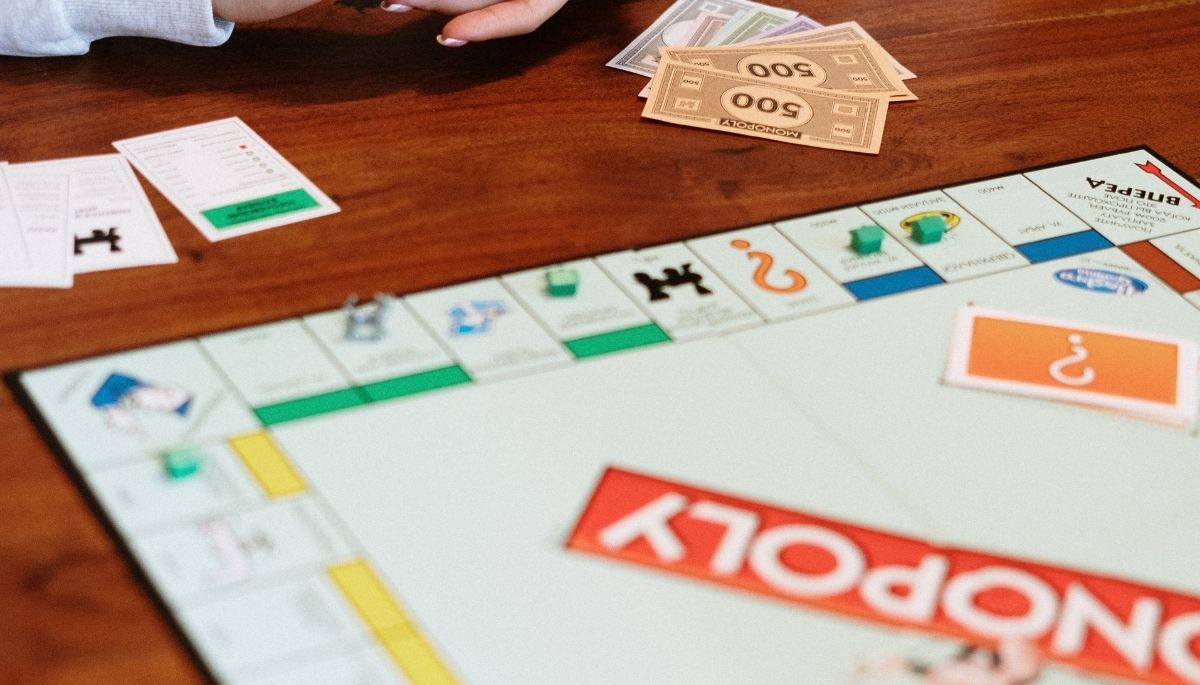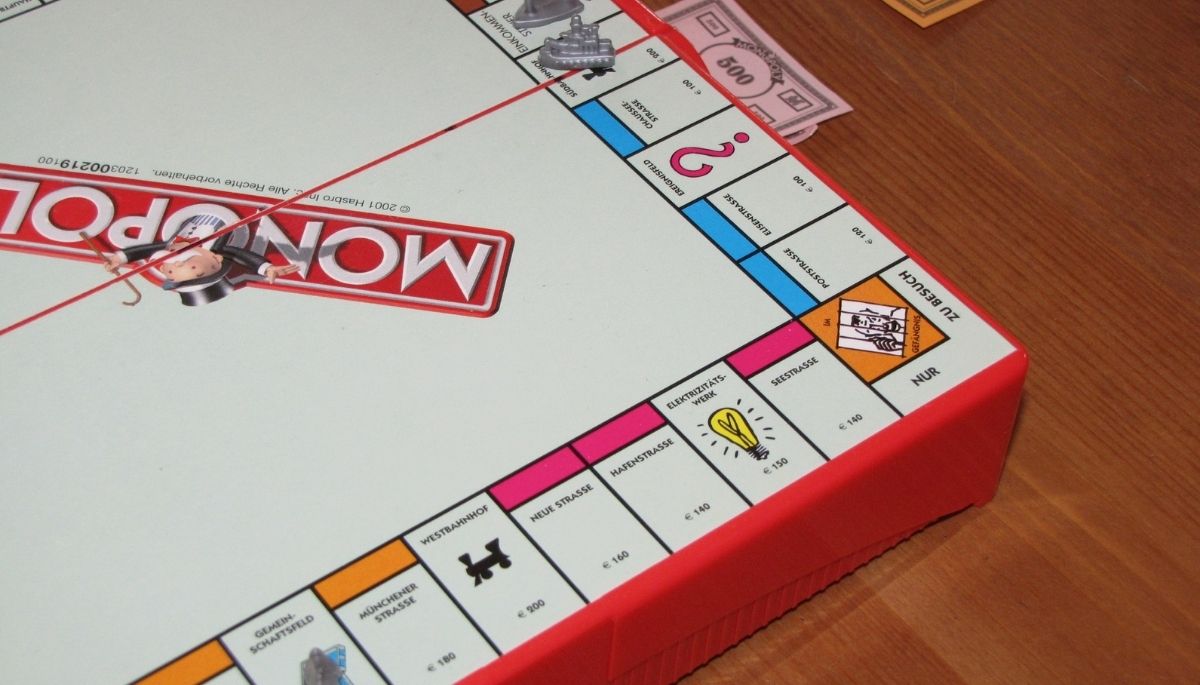What is meant by monopoly game: Monopoly is more than just a board game; it’s a cultural icon that has been enjoyed by families and friends for generations. But what exactly is meant by the Monopoly game? Let’s dive into the fascinating world of Monopoly, exploring its origins, rules, strategies, and impact on both players and pop culture.
History of Monopoly
The Monopoly game, as we know it today, has a rich history dating back to the early 20th century. It was initially created by Elizabeth Magie in 1903 as “The Landlord’s Game” to illustrate the negative aspects of concentrating land in private monopolies. However, it was Charles Darrow who popularized the game in its current form in the 1930s. Darrow’s version of Monopoly quickly became a hit, and Parker Brothers purchased the rights to the game, making it a household name.
Objective of the Game
The primary objective of Monopoly is simple yet engaging: players compete to accumulate wealth through strategic property acquisition, development, and financial management. The ultimate goal is to bankrupt your opponents by owning properties and developing them with houses and hotels, thus collecting high rents.
Game Components
Monopoly comes with several key components that are essential to gameplay:
- Board and Spaces: The board features 40 spaces, including properties, railroads, utilities, and special spaces like “Go,” “Jail,” and “Free Parking.”
- Cards: There are two types of cards – Chance and Community Chest – which players draw when they land on the respective spaces, often resulting in unexpected financial gains or losses.
- Tokens and Houses/Hotels: Players choose from various iconic tokens (like the top hat or battleship) and use miniature houses and hotels to develop their properties.
- Money and Bank: The game includes play money for transactions, with a designated player acting as the banker.
Basic Rules of Monopoly

The rules of Monopoly are straightforward but can vary slightly depending on house rules. Here’s a basic rundown:
- Setup and Starting the Game: Each player starts with a set amount of money, and they take turns rolling two dice to move around the board.
- Player Turns and Actions: Players can buy unowned properties they land on, pay rent if they land on owned properties, draw cards, or perform other actions dictated by the spaces they land on.
Property Ownership
One of the game’s core mechanics is property ownership. Players can buy properties when they land on them and later develop these properties by adding houses and hotels. The more developed a property, the higher the rent other players must pay when they land on it, leading to strategic investments and trades.
free strategy games
Winning Monopoly requires a blend of luck and strategy. Key strategies include:
- Property Monopolies: Owning all properties of the same color group allows players to build houses and hotels, significantly increasing rent.
- Trading Wisely: Negotiating trades with other players can help create property monopolies or gain needed cash.
- Managing Resources: Smart money management is crucial to avoid bankruptcy while making timely investments in properties.
Special Rules and Variants
Monopoly has evolved with numerous house rules and variations. Some popular house rules include:
- Free Parking Jackpot: Players collect fines and taxes in the center of the board, and landing on Free Parking means winning this pot.
- Starting Money Variations: Adjusting the amount of starting money for a different game pace.
- Speed Die: Adding a third die to speed up the game.
Monopoly in Popular Culture
Monopoly’s influence extends beyond the game board. It has been referenced in movies, TV shows, and even music, symbolizing wealth, capitalism, and real estate. The game’s themes and mechanics have inspired other board games and digital adaptations.
Educational Benefits of Monopoly
Playing Monopoly offers several educational benefits:
- Learning Financial Skills: Players learn about money management, investment, and economic principles.
- Enhancing Strategic Thinking: Developing strategies for property acquisition and resource management improves critical thinking.
Monopoly for Different Age Groups
Monopoly has versions tailored for various age groups:
- Children’s Versions: Simplified versions like Monopoly Junior introduce younger players to the game’s concepts.
- Adult Versions: Editions like Monopoly: Game of Thrones or Monopoly: Star Wars cater to specific interests and themes for adult players.
Monopoly Tournaments and Competitions
Competitive Monopoly is a real thing! There are tournaments held worldwide where players compete for titles and prizes. The World Monopoly Championship, for instance, gathers top players for intense gameplay.
Monopoly Online and Digital Versions
With the rise of digital gaming, Monopoly has made a seamless transition to online platforms. There are numerous apps and video game adaptations allowing players to enjoy the game on computers, tablets, and smartphones, making it accessible anytime, anywhere.
Collecting Monopoly Sets
Monopoly sets have become collectible items, with special editions and themed sets available. Collectors often seek out rare versions, such as limited editions or sets with unique themes. Tips for collectors include:
- Checking for Limited Editions: These often appreciate in value over time.
- Maintaining Condition: Keeping sets in good condition ensures they retain their value.
Conclusion
Monopoly is much more than a board game; it’s a journey through the world of real estate, finance, and strategic thinking. Whether you’re a casual player or a competitive enthusiast, Monopoly game offers endless hours of fun and learning. So, gather your family and friends, roll the dice, and embark on a property empire-building adventure.
Read also: Calling All Gamers: Ufo Gaming Coinmarketcap Airdrop Not Working
FAQs
- What is the origin of Monopoly?
- Monopoly originated from “The Landlord’s Game” created by Elizabeth Magie in 1903. It was later popularized by Charles Darrow in the 1930s.
- How long does a typical game of Monopoly last?
- A typical game of Monopoly can last anywhere from 1 to 4 hours, depending on the number of players and the rules used.
- What are some common house rules for Monopoly?
- Common house rules include the Free Parking jackpot, starting with different amounts of money, and adding a speed die.
- Can Monopoly be played solo?
- While traditionally a multiplayer game, some digital versions of Monopoly offer solo play against AI opponents.
- What are some rare Monopoly editions?
- Rare editions include the 1935 original edition, limited collector’s editions, and themed sets like Monopoly: 50th Anniversary Edition.
Read also: How To Play Arcade Games At Home | Arcade Multi Games For Home
